iGEM
> Benefits of participation in iGEM
> Learn more about team’s projects
> Useful links
iGEM is the largest synthetic biology competition of the world. More than 400 teams from all over 66 countries and regions participate in it every year. It was initially organized in 2003 by Massachusetts Institute of Technology (MIT) and since then has become the largest synthetic biology competition. In 2023, competition celebrated its 20th anniversary. Team of students work over the season on the project to solve local and/or global problem using synthetic biology. Project lasts from spring to autumn and finishes at the final event Grand Jamboree conference in Paris.
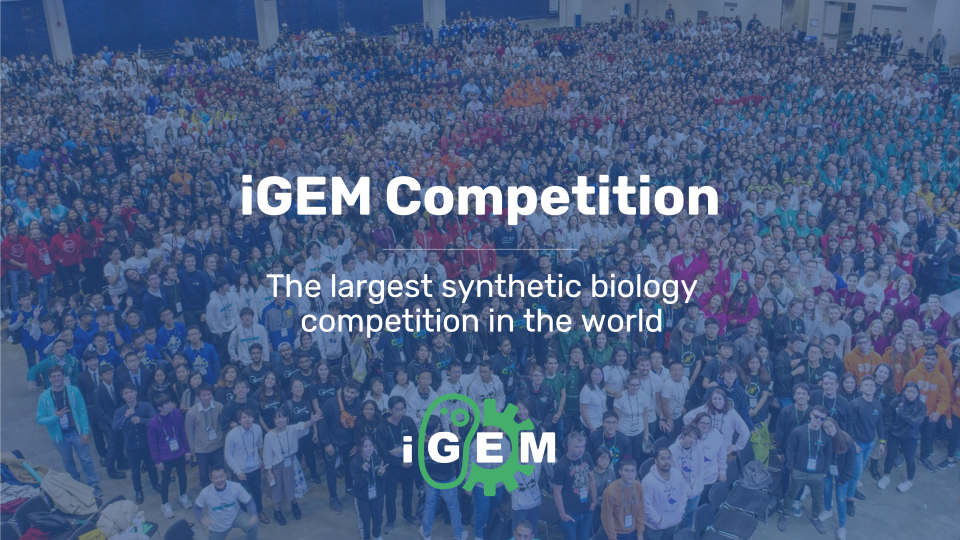
iGEM competition
The aim of the competition is to take any world problem and propose the solution with a help of synthetic biology.
iGEM Competition begins in spring. It consists of different parts. We start from forming a team, idea brainstorming, project selection, setting up plans and project goals. Then students start to work on different aspects of the project. Students work under the supervision of experienced instructors and PIs, conduct experiments in the lab. Work in the lab, model the system (compose mathematical models to predict experiments’ outcomes), collect public opinion, raise awareness about the project problem among general audience, create graphical materials, organize educational workshops and public events to educate general audience and engage people with synbio, thus popularizing synthetic biology, collaborate with other teams, consult with experts in the field, rase funds. And all this work has to be documented. For that students create a website of the project, with attractive design, where the results are described. The competition culminates at the conference in October/November in Paris – Grand Jamboree –, where students present the results to the audience, defend the project during judging session and compete for medals and awards, widening their network at the same time. The results are announced during the Award Ceremony in front of thousands of people.
Benefits of participation in iGEM
Students often joking about life before and after iGem. And it is really so. Participation in iGEM has huge benefits not only on the field related studies, but on the overall student’s academic performance. They develop knowledge, professional skills, communication, and teamwork skills, but also become motivated and inspired. This promotes eager to study, explore and research, so the overall study outcome increases. (They make a transition from being a student to becoming a scientist in a very short period.)
Different parts of competition are equally important and evaluated by judges. Completing the project leads to development not only of scientific, but also soft skills which are required for successful career. During the project students do the lab work including planning the experiments, cloning, data analyses, thus developing lab skills. The computer skills are developing while modelling the system, creating the website to present the results, doing animations and graphic design to attract the viewers. Documenting the results, writing the public texts and e-mails increases writing skills. And finally soft skills are developing a lot. Team members has to contact experts and stakeholders to get feedback and implement it to the project. It is important to raise awareness about existing problem, engage the public, raise interest toward the science and make it more feasible and understandable, why we need science and what is possible to solve with its help. Only efficient teamwork makes possible to fulfil all the requirements of competition.
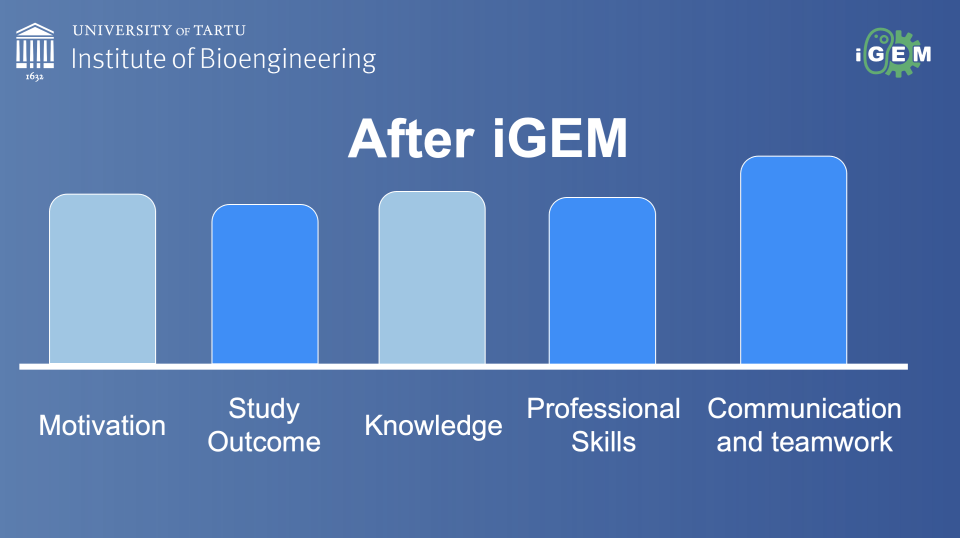
Estonia-TUIT team
Since 2017, the students of the Science and Technology program have the opportunity to become a member of the Estonia-TUIT iGEM team and work on an innovative research project.
Each year, Estonian iGem team is formed from the volunteering Science & Technology program students. At first, students present the project ideas during brainstorming meetings. When the project idea is selected, students complete the crash course and start working on all aspects of the project.
Participating in iGEM is a perfect opportunity for the overall development of various skills of students: starting from idea brainstorming, its’ development and implementation, towards communication with other teams and experts, fundraising, scientific writing, public engagement, advertisements, and website design and construction. Moreover, selected team members get a chance to present the project at the Grand Jamboree in Paris, France.
Team Achievements
Estonia-TUIT demonstrates great results throughout the years. In seven years, team has received 4 gold and 3 silver medals.
Over the years Estonia iGem team got silver medals, gold medals and first bigger achievement was in 2022, when the team was nominated for Best Wiki among hundreds of teams (being in TOP10 among more than 400 teams). Finally in 2023, Estonia iGem team accomplished unbelievable achievement – Grand Prize in the Overgrad category. The biggest possible achievement the team can get. The team was recognised as the best team of the season among hundreds of teams and thousands of participants all over the world. Additionally, Team got the Best Conservation Project award, and the Best Measurement special prize. And also, the team got nominated for the Best Education, Best Presentation, Best Wiki.
Success of the Estonian team on the international stage as well as improved studying performance of iGEMers demonstrates that the active teaching philosophy is beneficial and its incorporation into education system is necessary. It also shows that the level of the S&T students is very high, and our graduates can successfully compete on the job market.
Learn more about team’s projects
Learn more about our team projects by visiting the team’s iGEM wikis:
2023 Project “BeeYeast”: https://2023.igem.wiki/estonia-tuit/home
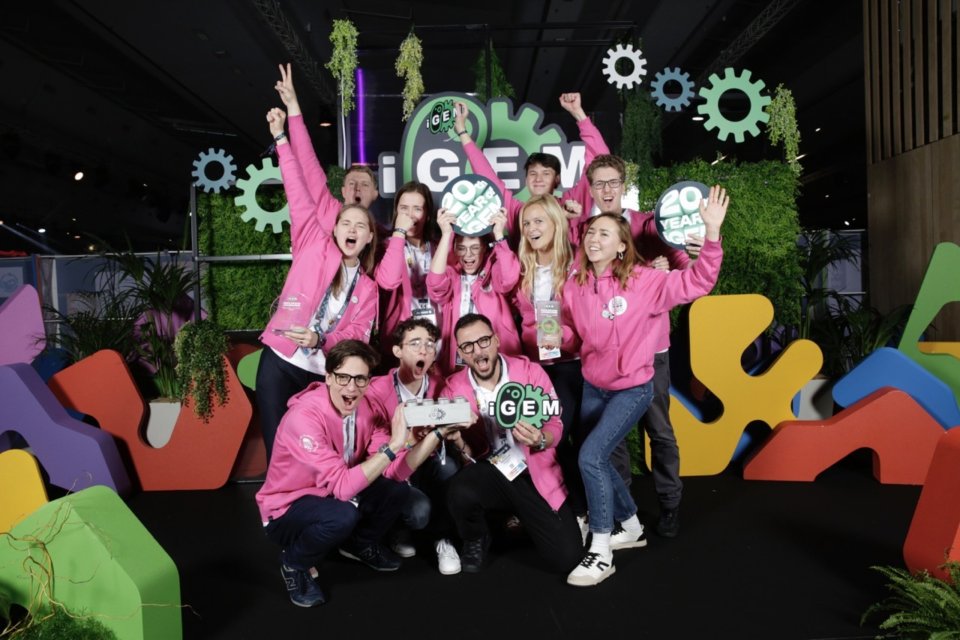
2022 Project “SpaceYeast”: https://2022.igem.wiki/estonia-tuit/
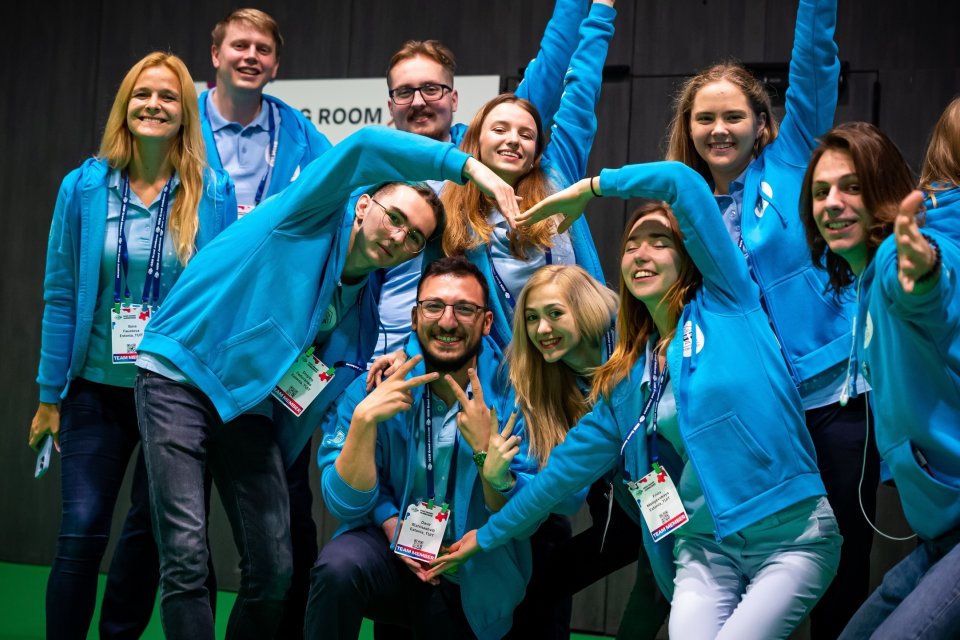
2021 Project “SalsaSMILE”: https://2021.igem.org/Team:Estonia_TUIT
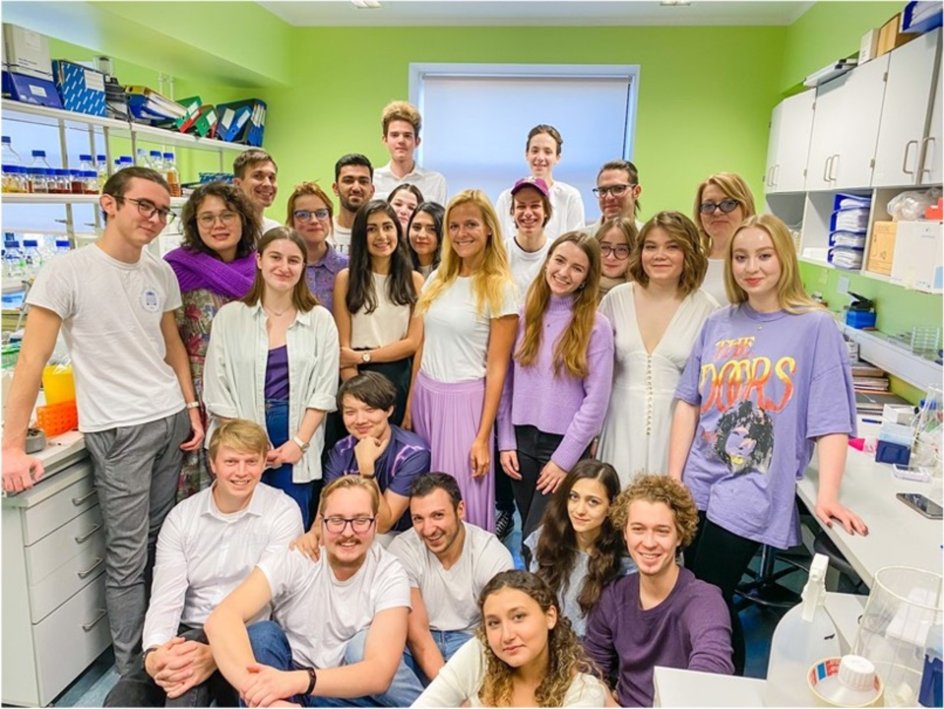
2020 Project “SPARKLE: Solar-Powered ARtificially Knitted Lipid Enclosures”: https://2020.igem.org/Team:Estonia_TUIT
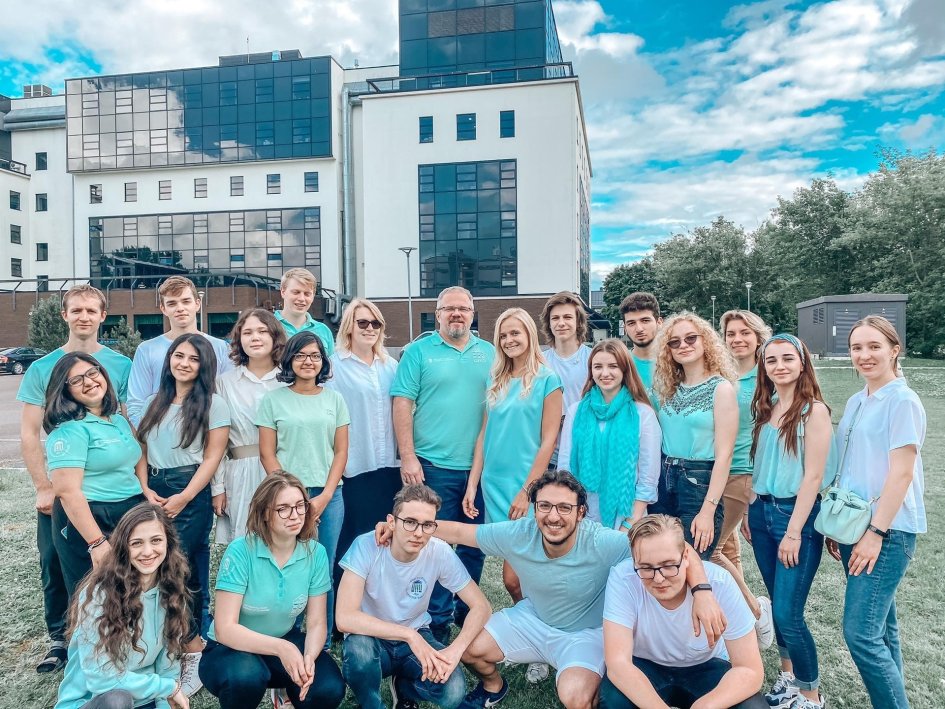
2019 Project “Pop Culture”: https://2019.igem.org/Team:Tartu_TUIT
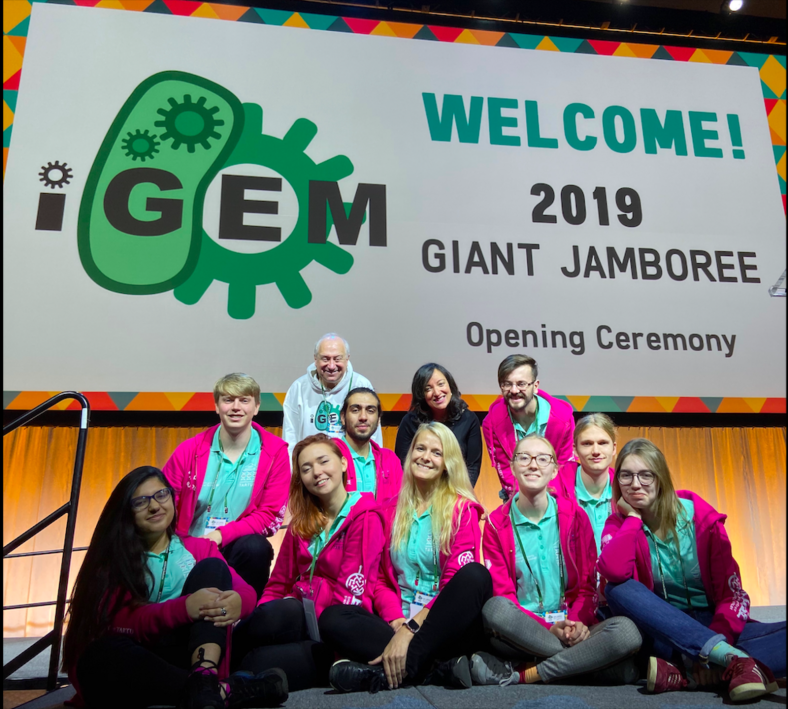
2018 Project “Eco-friendly sunscreen: MAAs+ Yeast extract”: http://2018.igem.org/Team:Tartu_TUIT
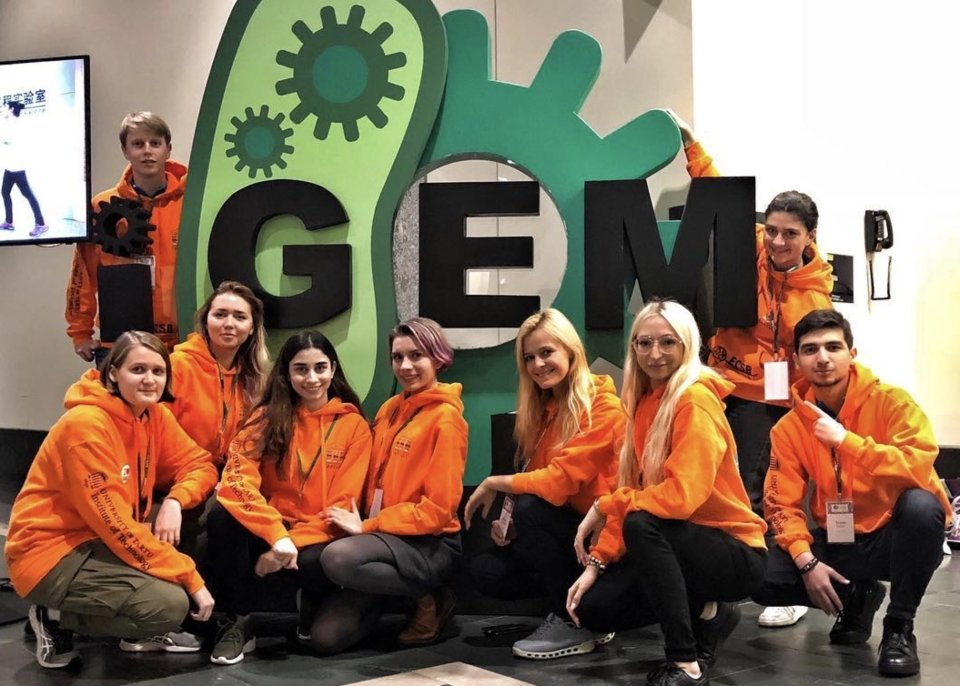
2017 – Project “Yeasthylene”: http://2017.igem.org/Team:Tartu_TUIT
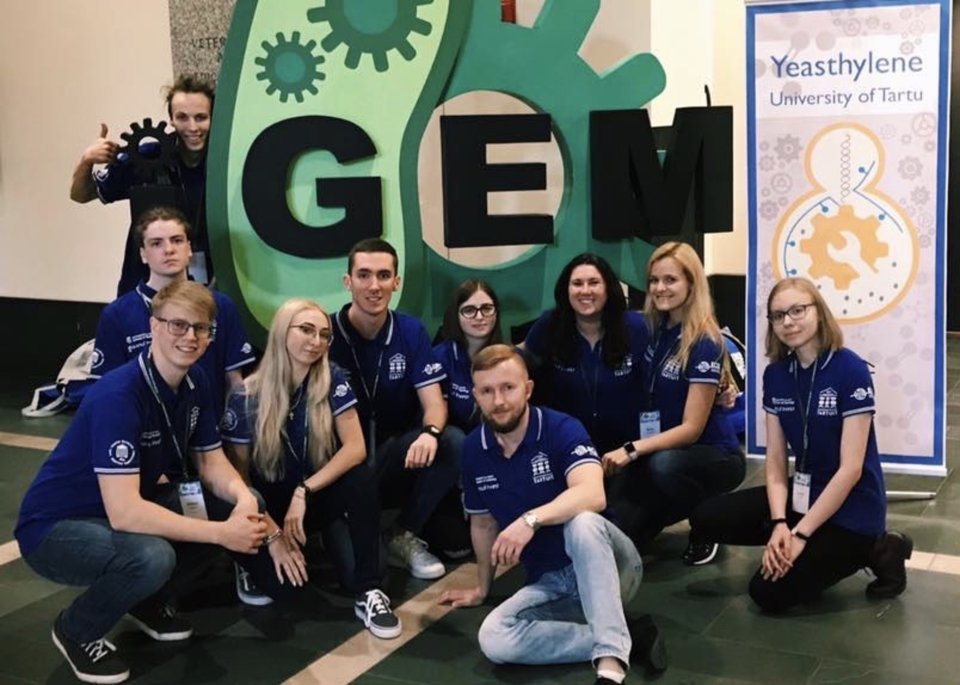
Useful links
Estonia-TUIT team Instagram: https://www.instagram.com/igemestonia/?hl=en
iGEM competition official website: iGEM Competition
Latest achievements in synthetic biology: https://www.nature.com/subjects/synthetic-biology



